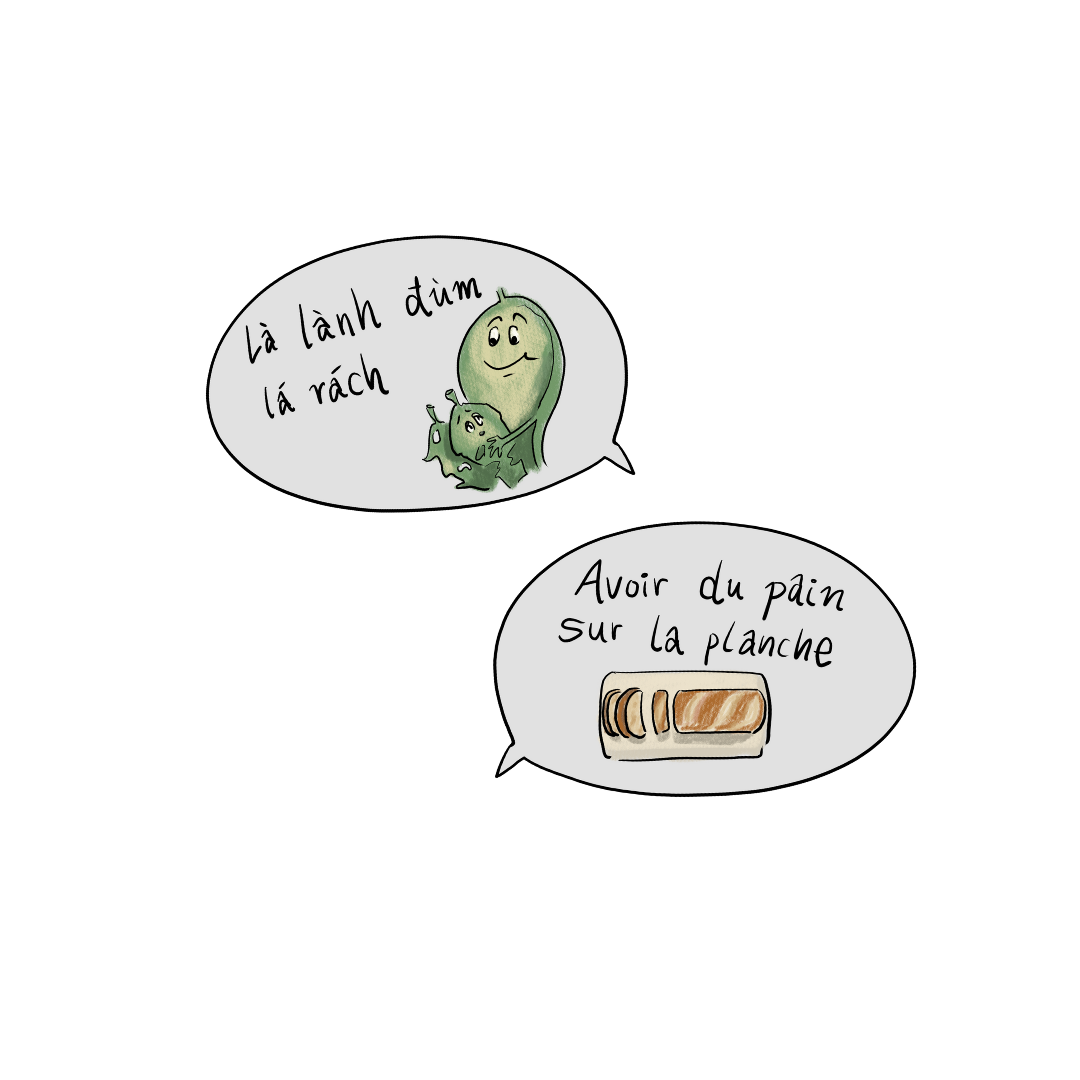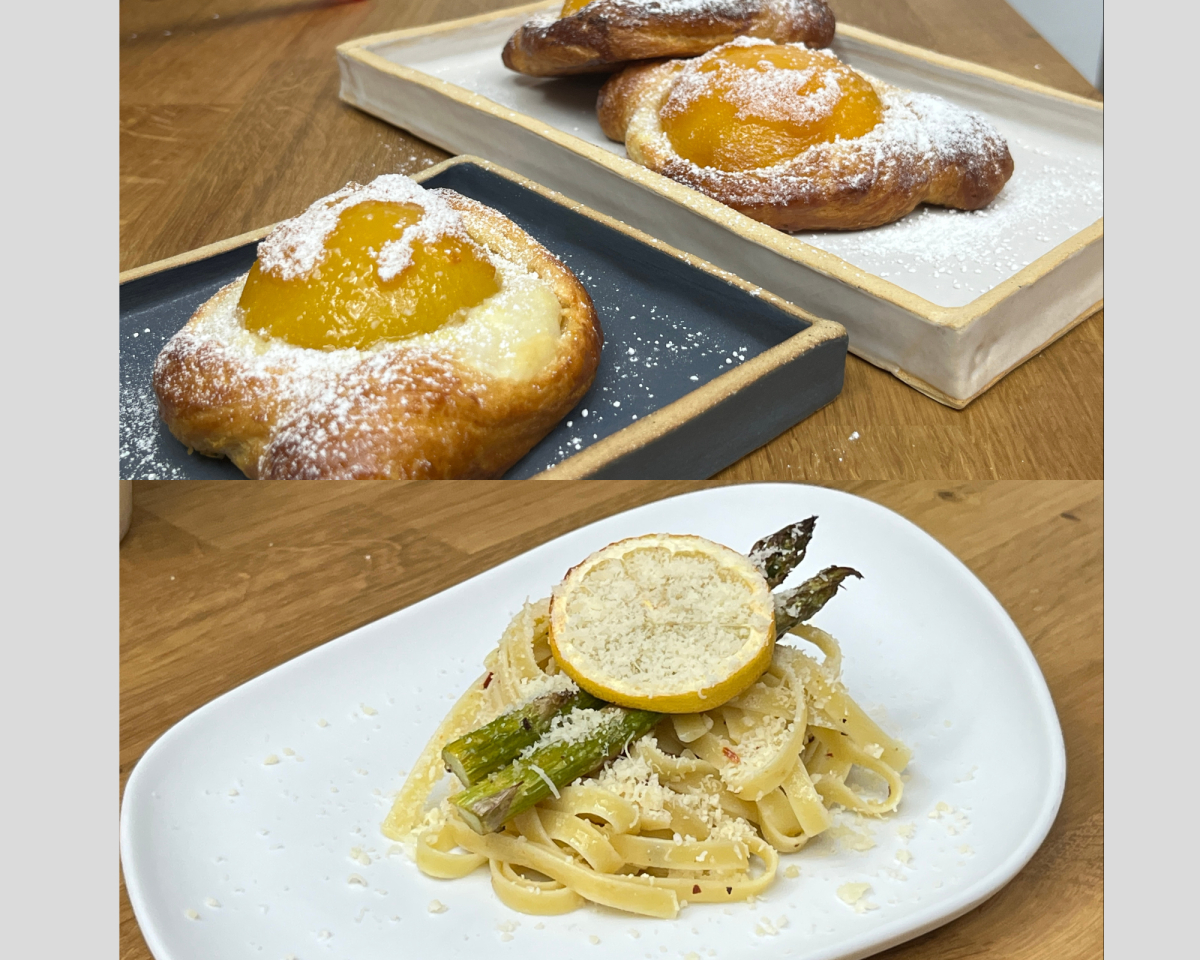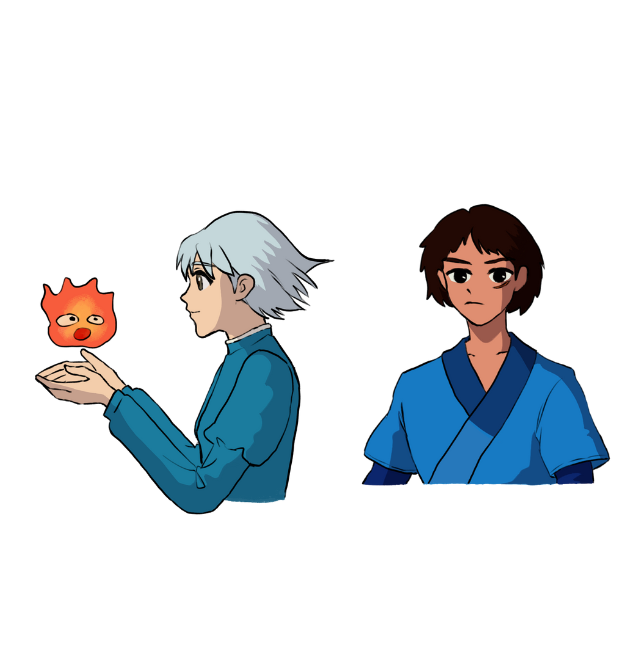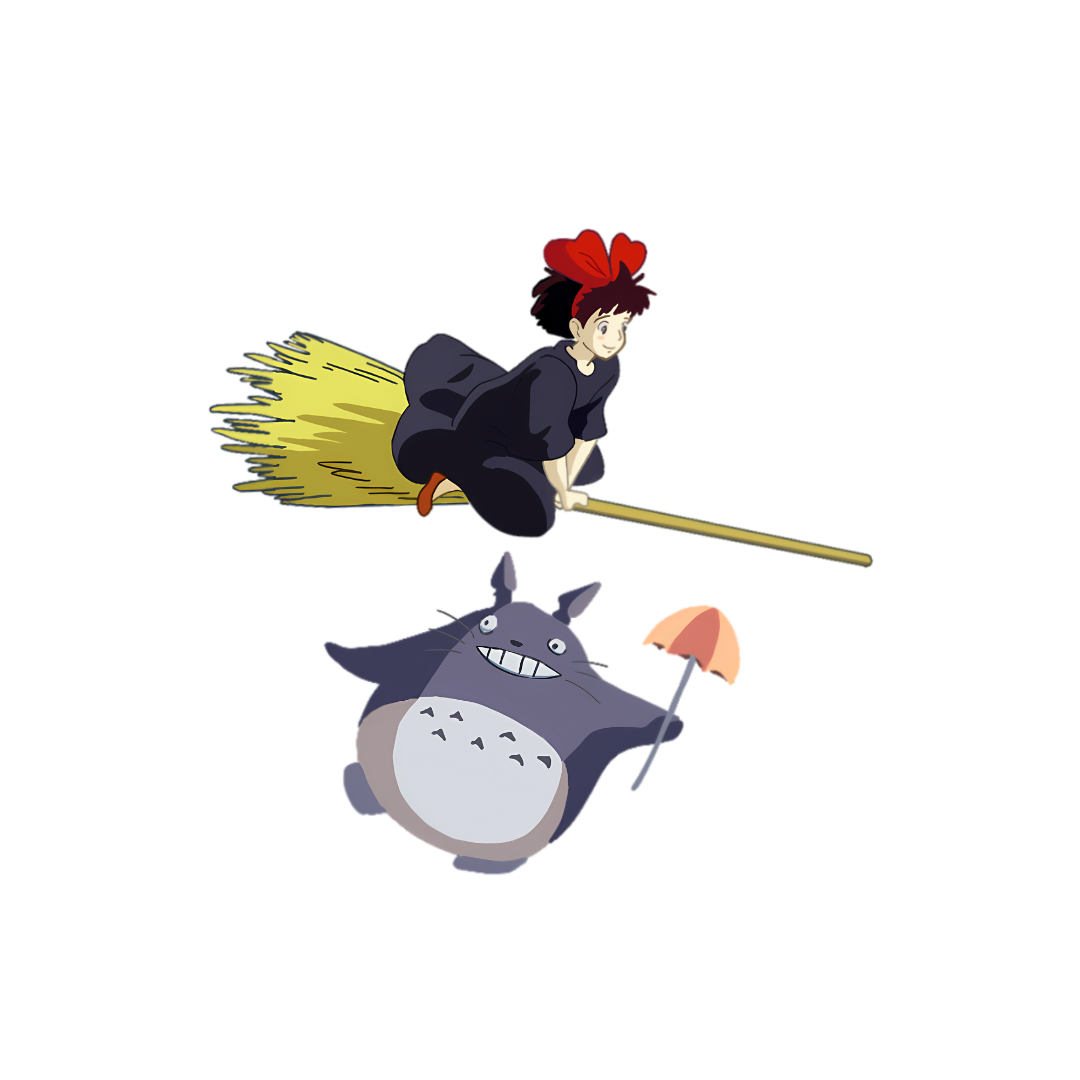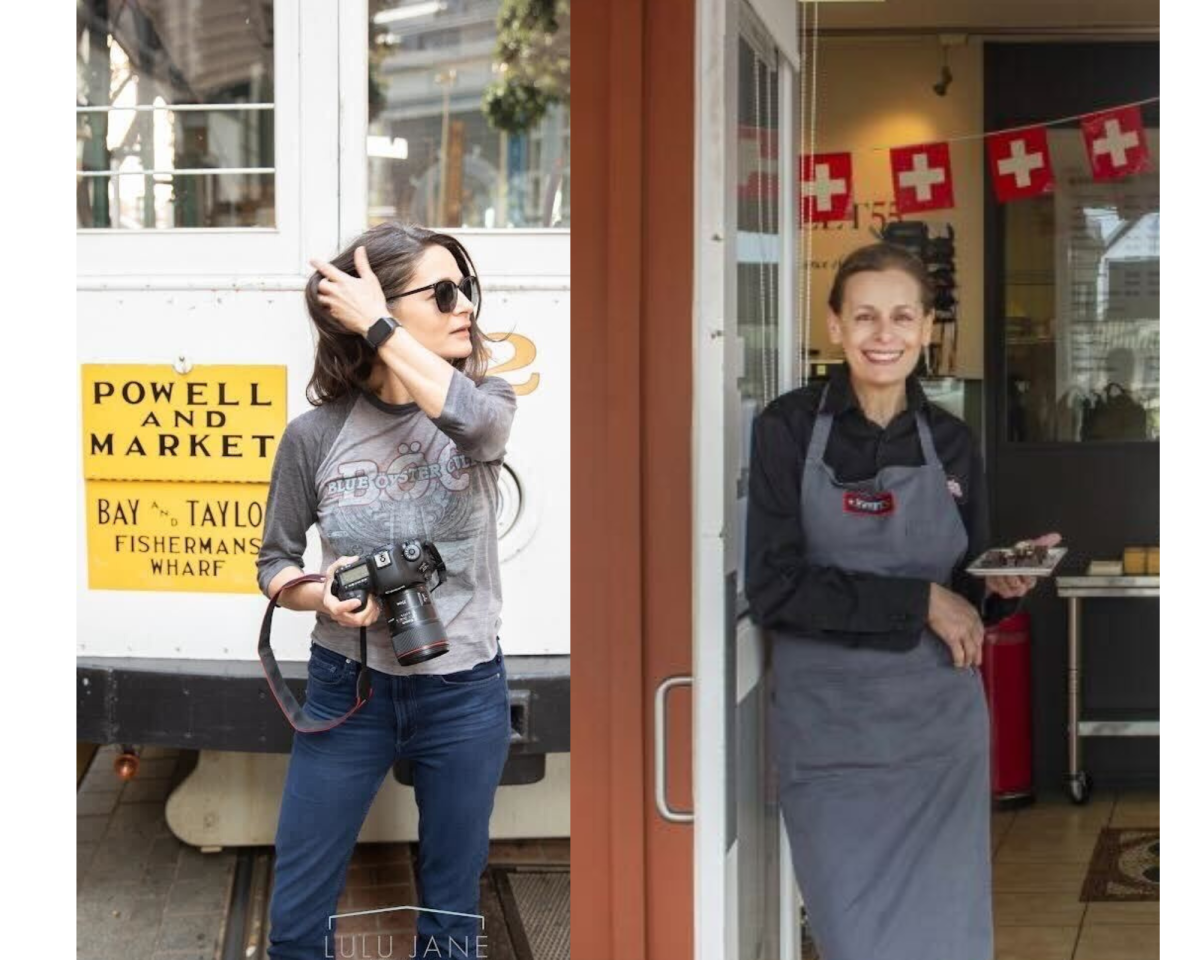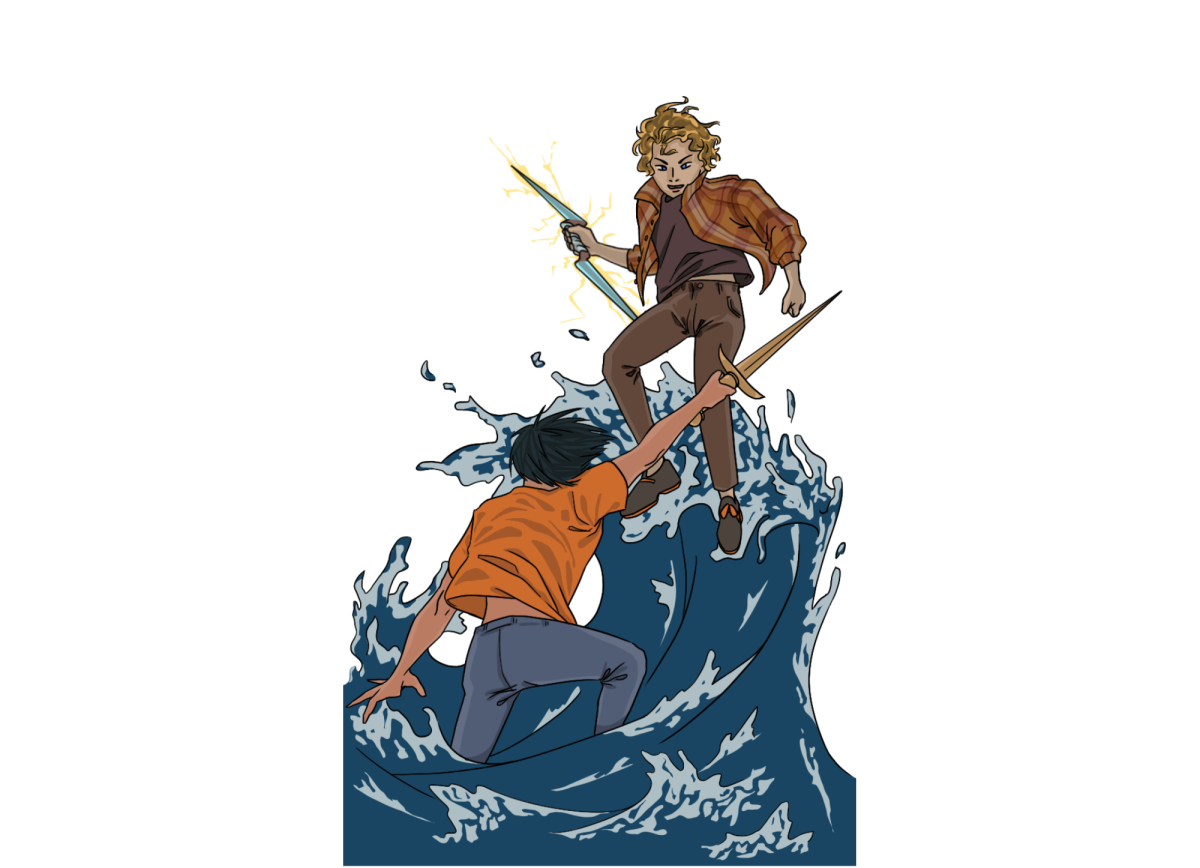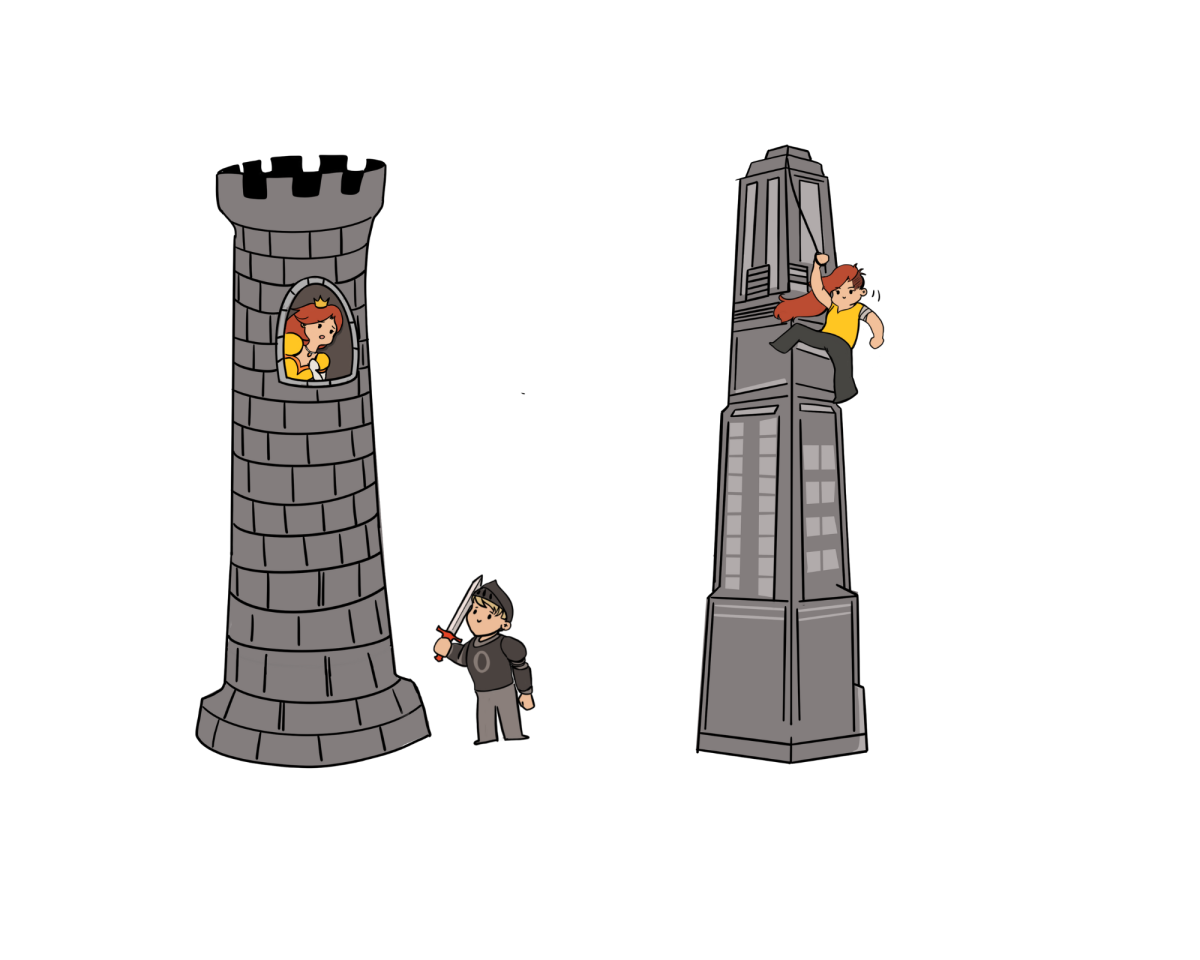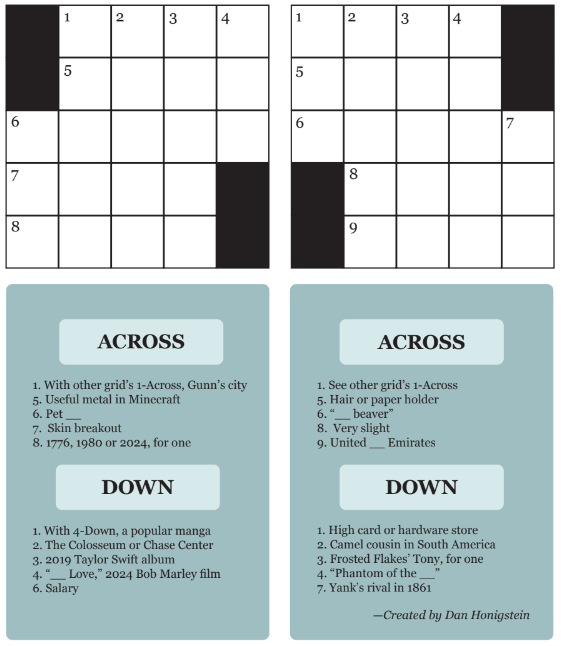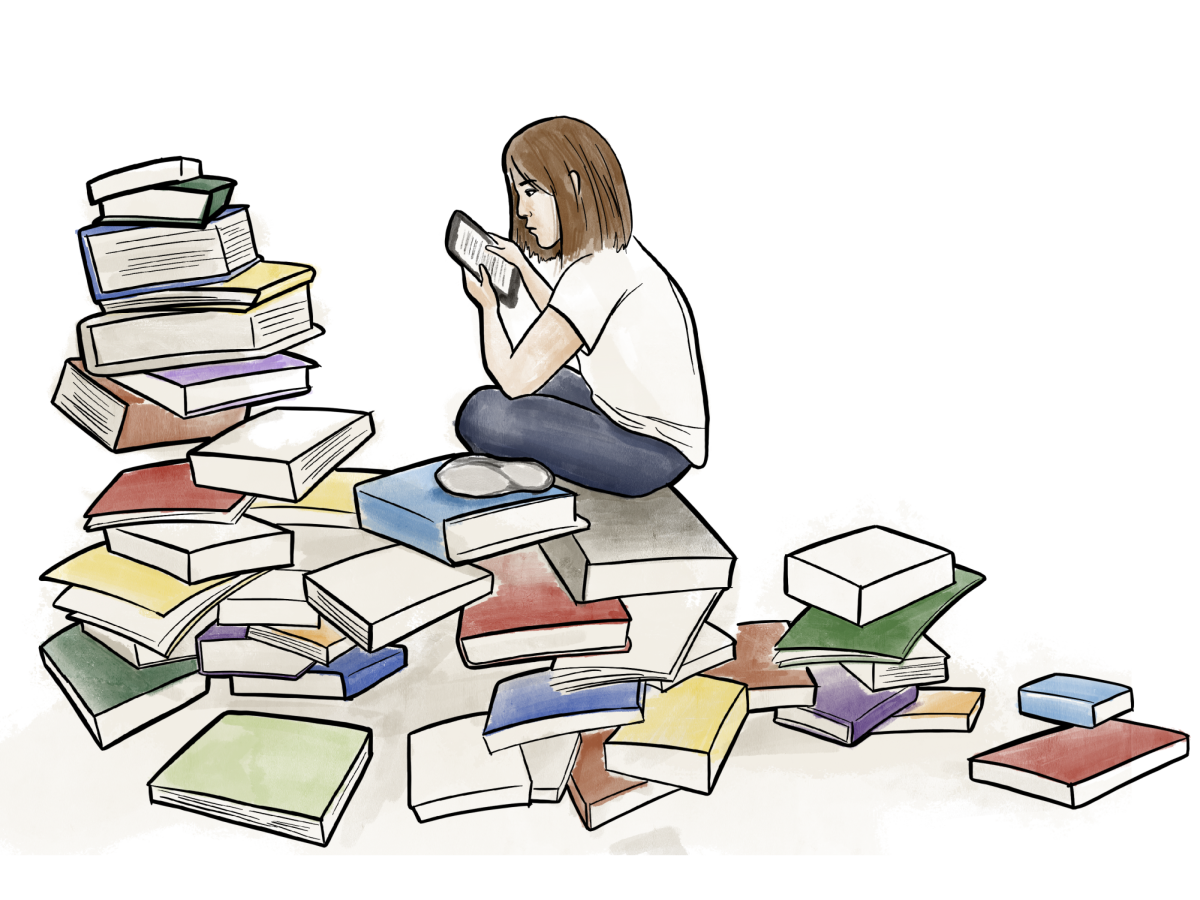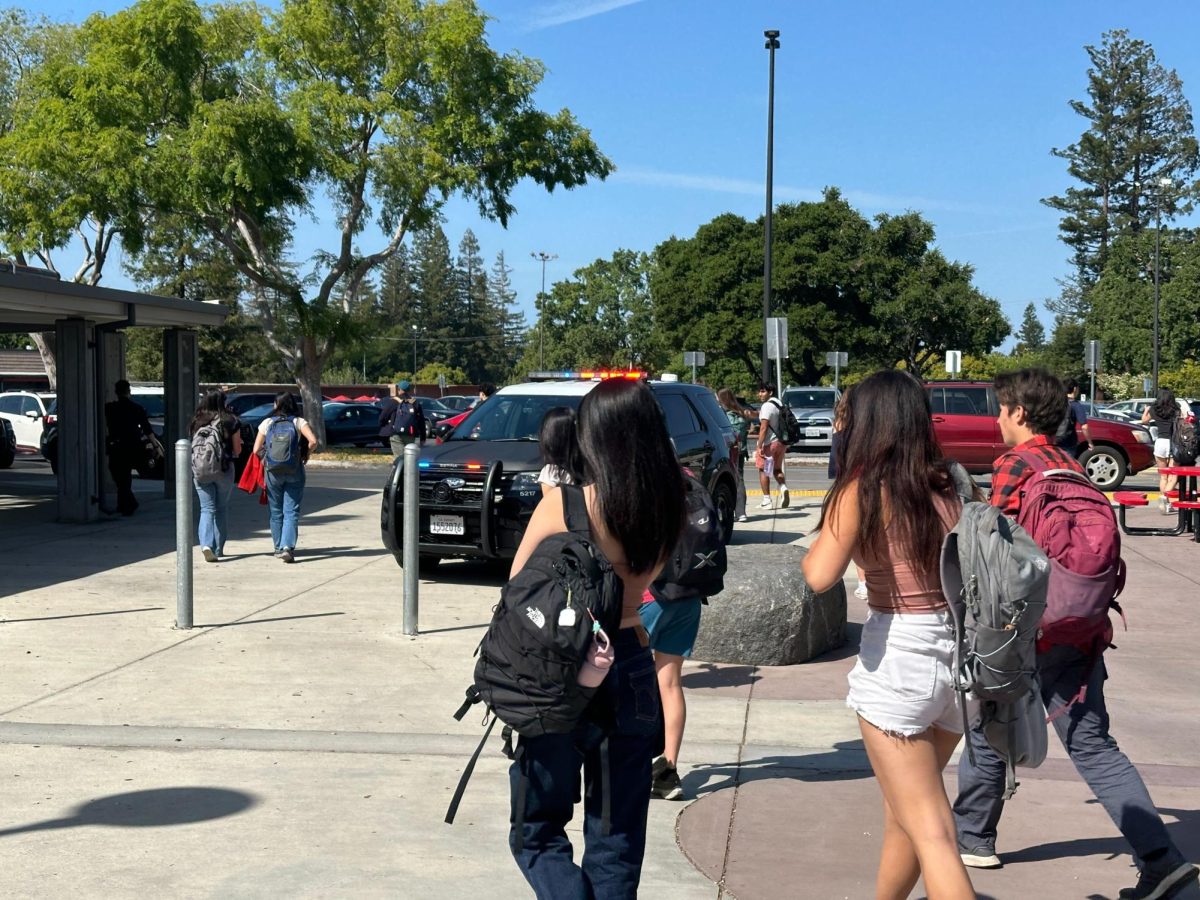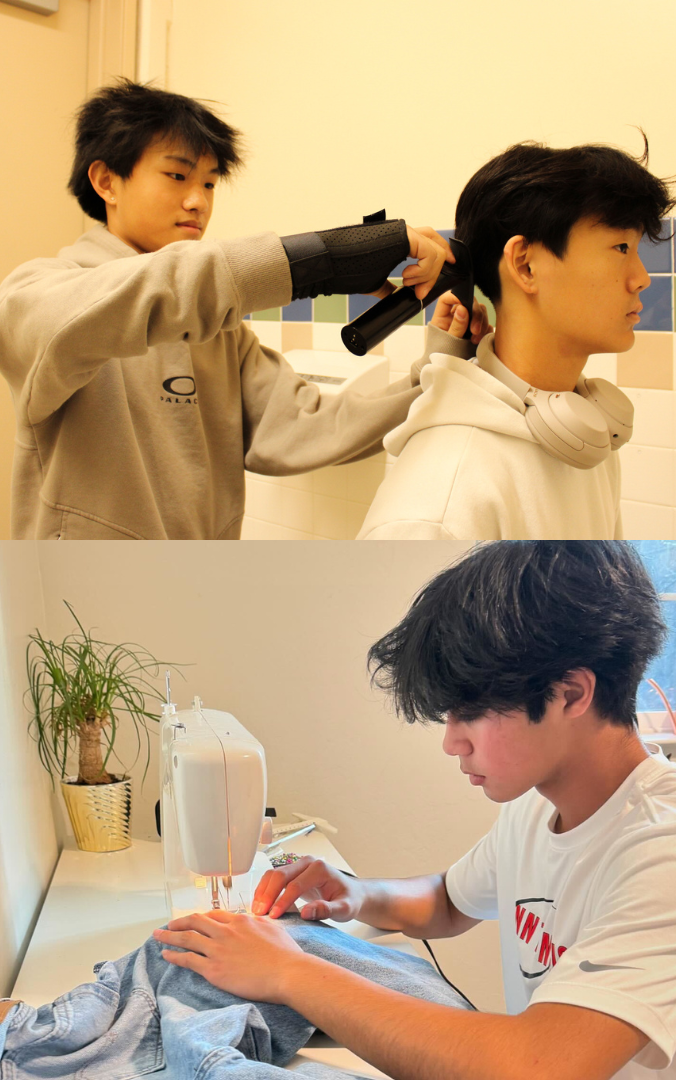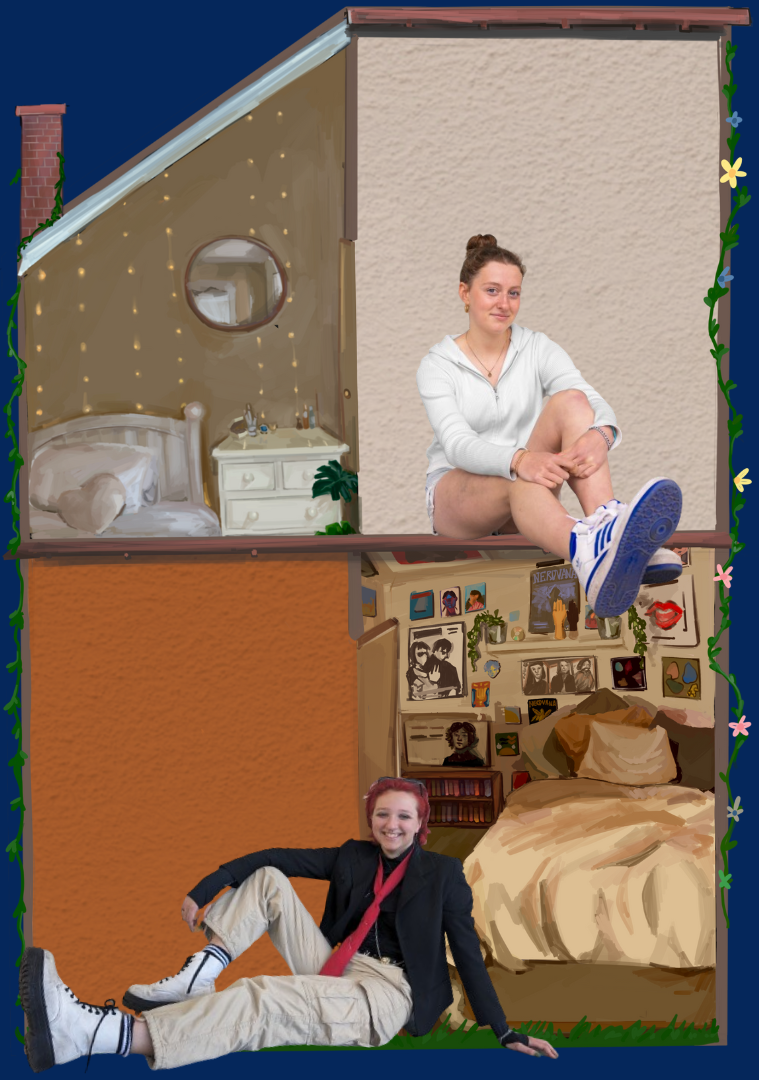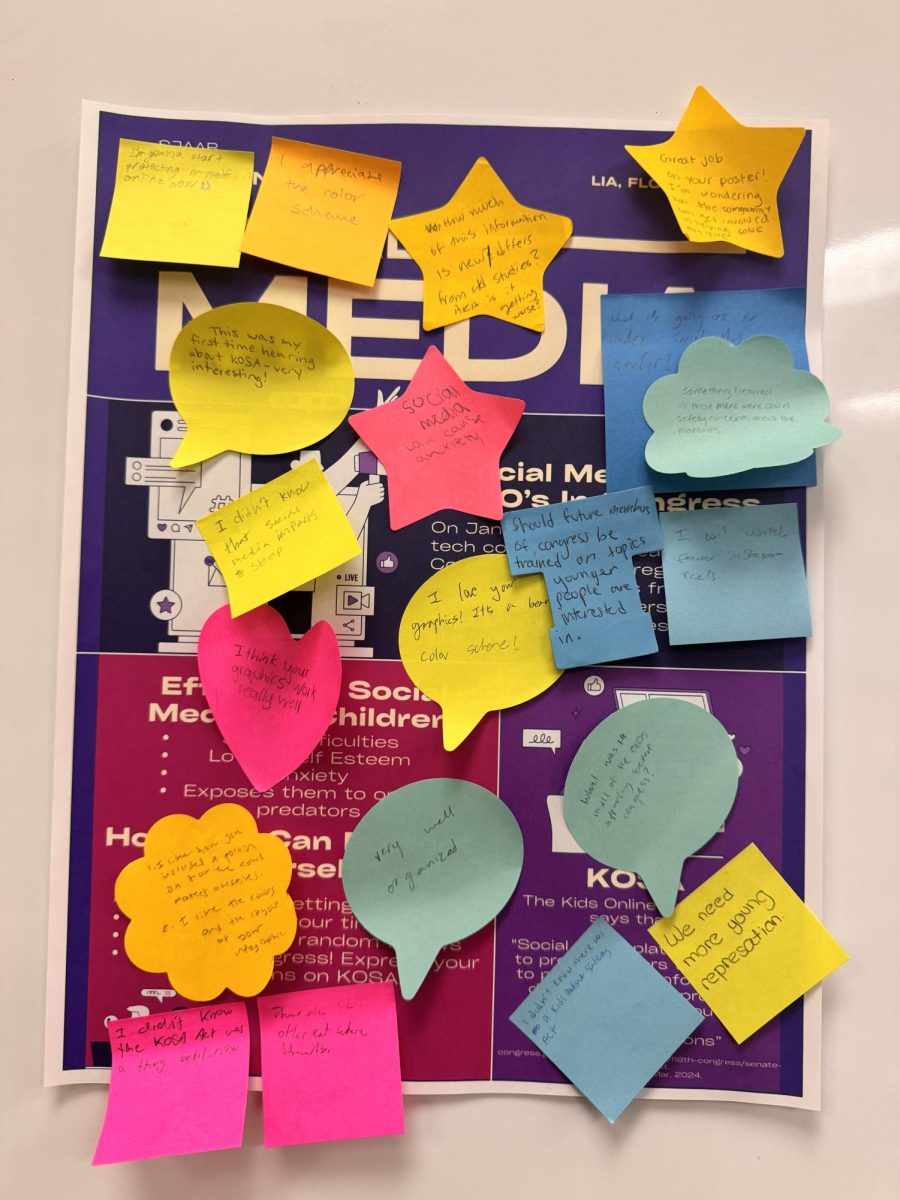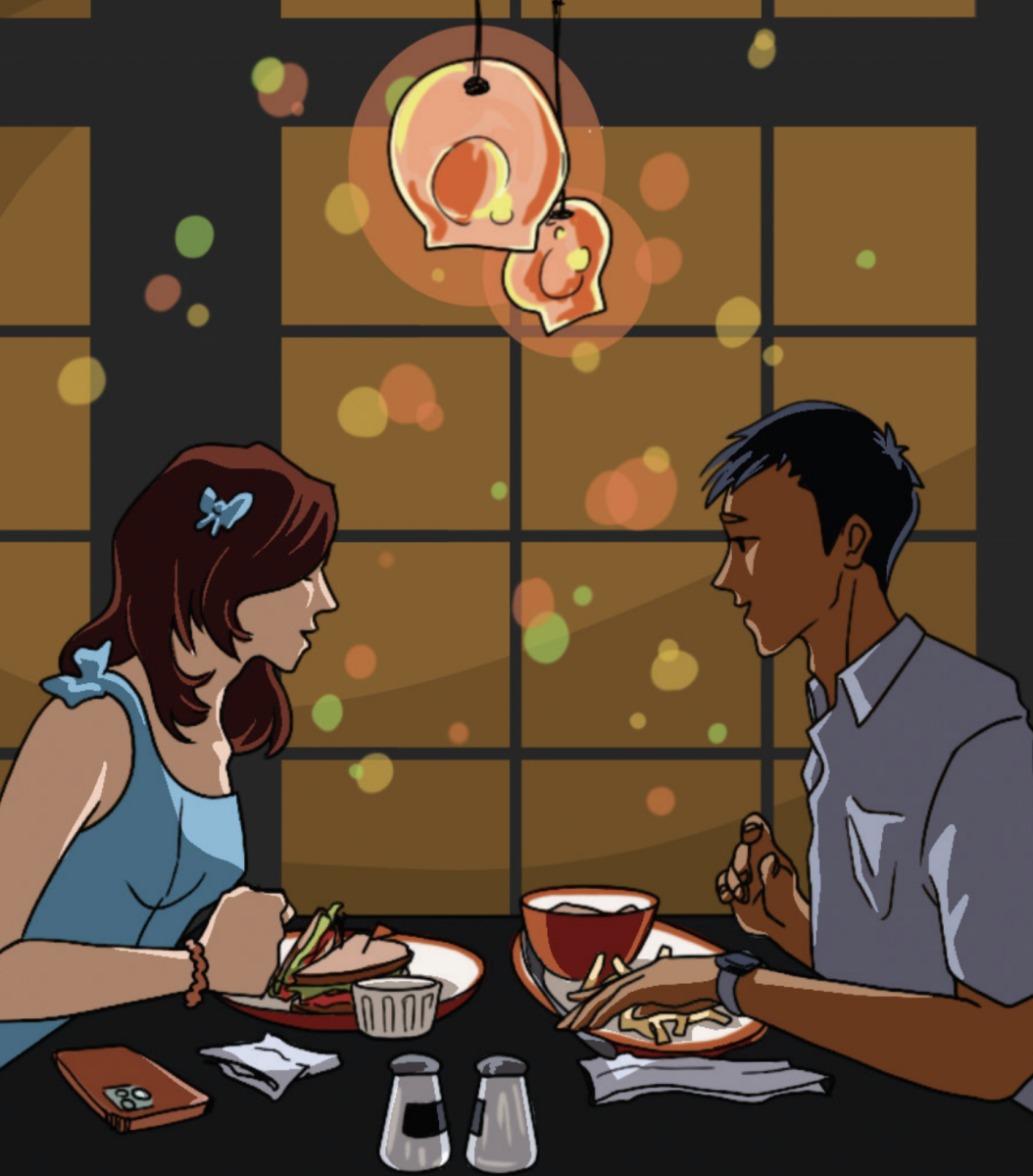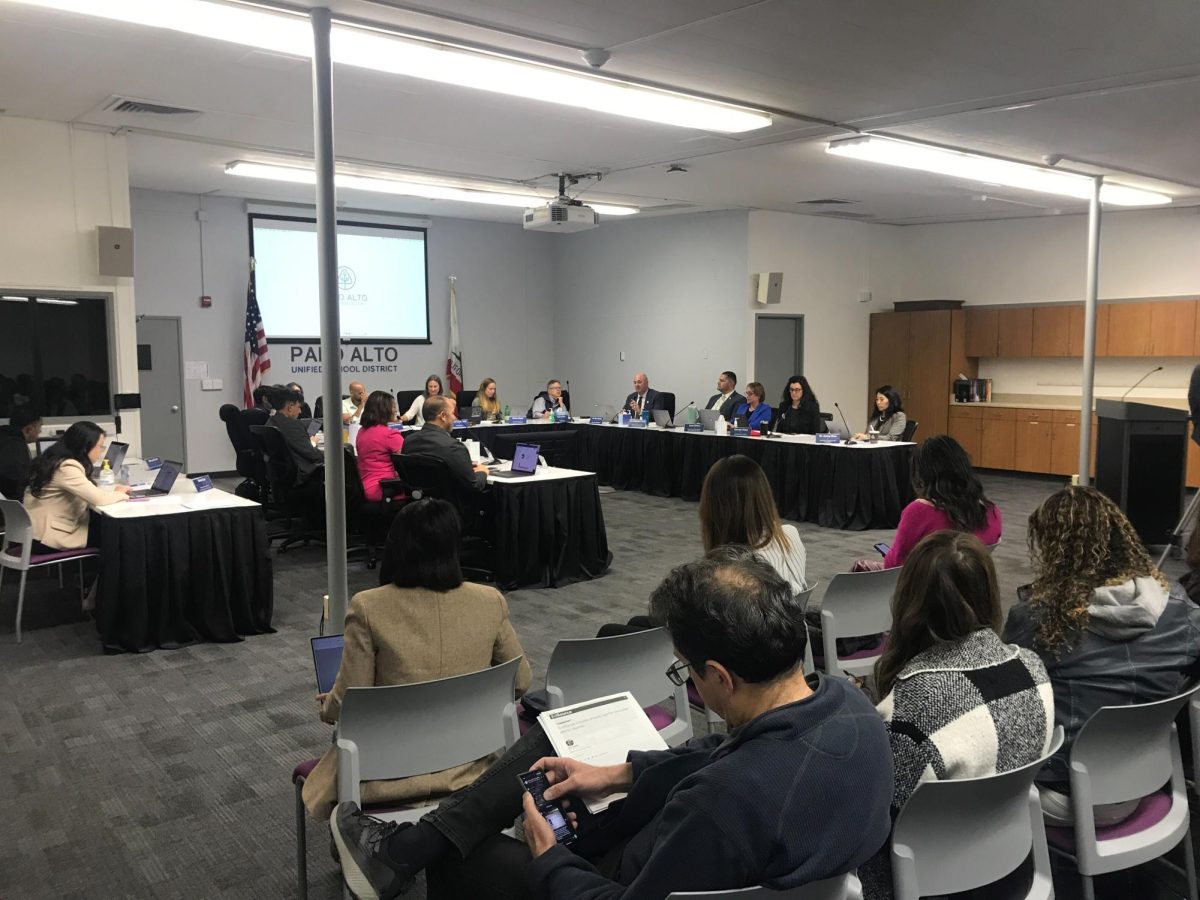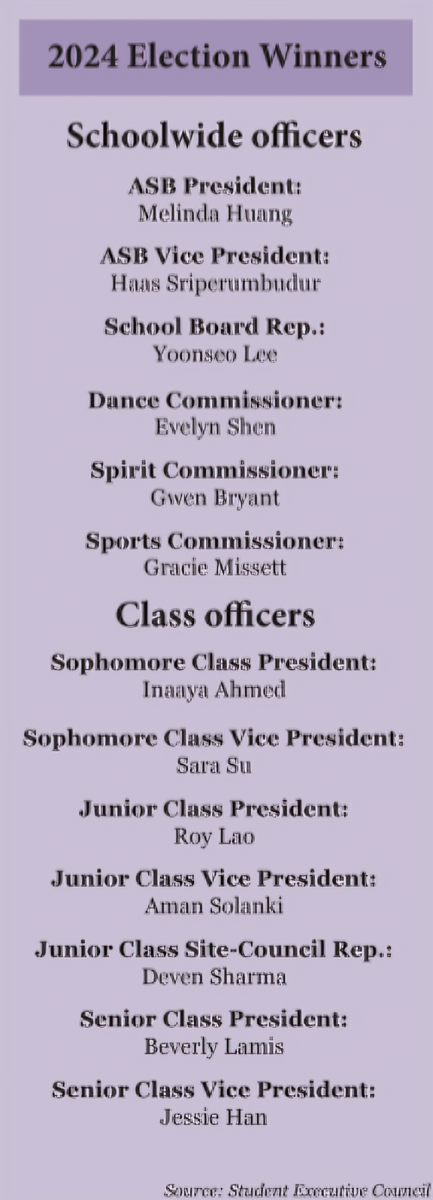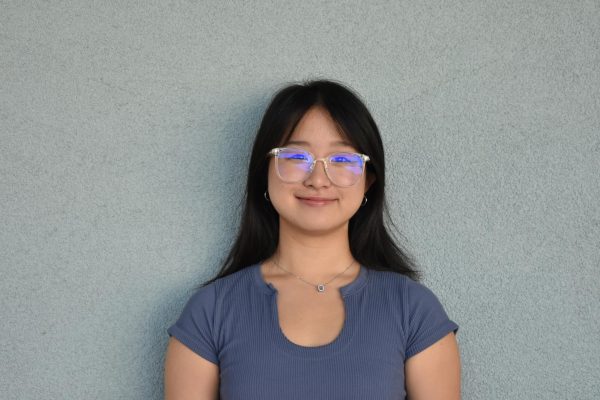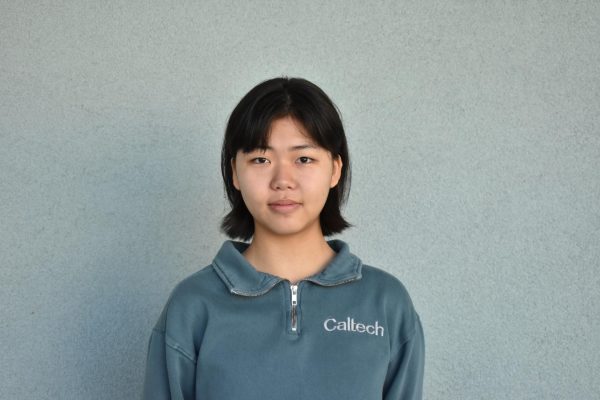The French expression “avoir du pain sur la planche” translates literally to “having bread on a board” and can be equated to the English phrase “to have a lot on one’s plate.” French teacher Laura Lizundia, however, finds that the English analogue doesn’t do the original expression justice.
“There’s something lost in translation of the choices of using the comparison of bread and the board because bread-making is a difficult task,” she said. “You have a larger appreciation for the derivation of the expression if you know the literal meaning as well as what the expression figuratively means.”
Another example of a phrase that loses its richness when translated is the Vietnamese saying “lá lành dùm lá rách,” which translates to “good leaf shelters torn leaf.” The expression has become a resounding message of empathy and solidarity among Vietnamese people, according to Vietnamese Culture Club Vice President sophomore Chilton Chau.
“The actual meaning of this is that good people will support and protect those who are vulnerable or in need,” he said. “The more fortunate people should try to help everybody else out, especially those less fortunate.”
Vietnam’s largely agricultural and rice-dependent culture imbues this saying with additional meaning, since popular rice dishes consumed during holidays like T?t are wrapped in tree leaves and steamed. When torn leaves are reinforced with whole leaves, the rice cakes inside will not crack. This imagery advises people to lend a compassionate helping hand, an aspect those unfamiliar with Vietnamese culture may not catch.
Chau also believes that a reliance on nature most distinguishes Vietnamese sayings from English ones.
“If you see Vietnam, there’s a lot of trees, and it’s tropical and warm,” Chau said. “Because Vietnamese people have always been surrounded by nature and trees, I think that’s where these phrases come from — living as one with the environment.”
Meanings lost in translation also pose an issue when it comes to internationally best-selling novels that have found their way into the Western market, including Fyodor Dostoevsky’s “Crime and Punishment.” Cultural differences can sometimes be muddled in pursuit of a “pure” translation, challenging not only translators of these texts but also their readers.
For instance, when English teacher Diane Ichikawa tried to describe protagonist Rodion Romanovich Raskolnikov’s giddy nature to a Russian-speaking friend, she found that a one-word characterization in Russian took at least a sentence or two in English.
“Culture and language are intertwined inextricably,” Ichikawa said. “There’s no way to be able to translate from one very different culture to another different culture with ease and facility.”
That said, Ichikawa believes that technological advancements have weakened, if not removed, the barrier of cultural differences.
“In the 1970s and 80s, there was this explosion of multicultural literature,” she said. “You had people who were trying to write about their cultural experiences in English but they would do this thing where they would say something in, for example, Chinese and then in parentheses next to it, translate it into English. Now, I think the trend is that — especially because we have search engines at the tips of our fingers — if we read something in another language and we don’t quite get it, if we are that invested in it, we have the ability to look it up.”


